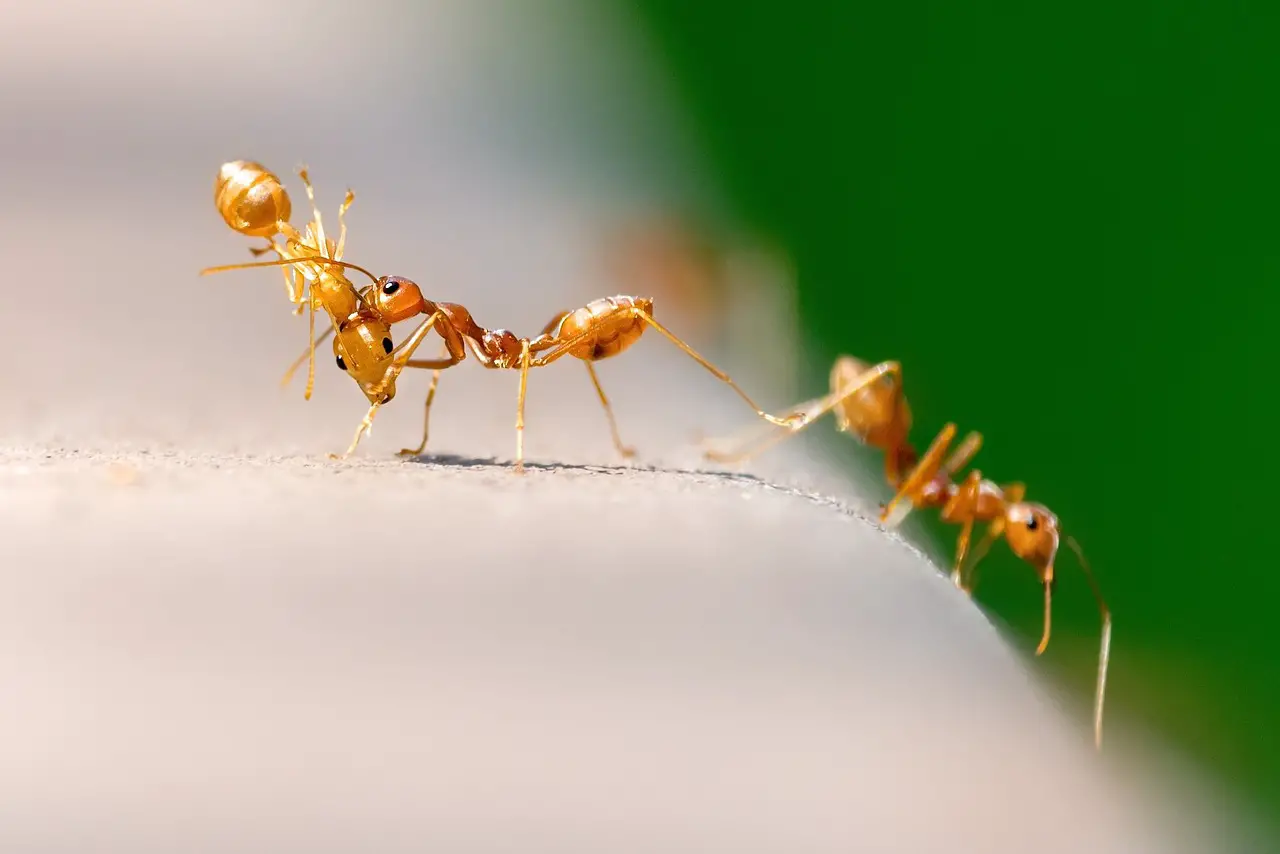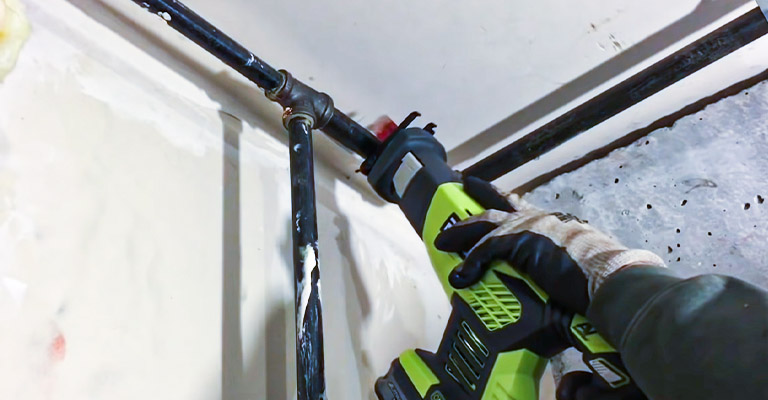How to Get Rid of Ants in Kitchen: A Comprehensive Guide

If you’ve noticed a trail of ants making themselves at home in your kitchen, you’re not alone. Ants are persistent pests that can easily find their way into your home in search of food. This article is your comprehensive guide on how to get rid of ants in the kitchen, employing natural methods and commercial solutions alike. We’ll walk you through identifying the issue, determining the ant species, and effective, actionable steps for ant control.
Why Ants Love Your Kitchen
Before you launch into attack mode, it’s crucial to understand why ants invade your kitchen. These tiny scavengers are drawn by the allure of food scraps, sugar, and greasy residues. Despite their size, ants leave behind a pheromone trail for their comrades to follow, leading to an unpleasant ant parade in your cooking space.
Identifying the Culprit
Different ant species require varying treatment methods. Carpenter ants, for instance, often indicate structural damage as they excavate wood to create their nests. Pavement ants, on the other hand, are generally harmless but annoying. By correctly identifying the ant species, you can develop a more effective extermination plan.
Seal their Entry Points
The first step in your ant-elimination campaign is to seal all possible entry points. This includes cracks, crevices, windows, doors, and gaps in your home’s structure. Silicone caulk is a great tool for this job as it’s easy to apply and provides a durable seal against these tiny intruders.
Sanitize Your Kitchen
Keep your kitchen spotless and make it less attractive to ants. Ensure that food is stored in airtight containers, regularly take out the trash, and clean up spills immediately. Regular sweeping, mopping, and cleaning of countertops are vital practices to maintain a hygienic, ant-free kitchen.
Use Natural Ant Deterrents
There are several natural remedies that can help deter ants. Vinegar is an excellent ant repellent – a 50/50 solution of water and vinegar can be used to wipe down countertops and other surfaces. Cinnamon, pepper, and essential oils like peppermint are other natural options known to repel ants.
Employ Commercial Ant Killers
If the ant invasion persists, consider using commercial ant killers. Baits, traps, and sprays are readily available in the market. Ant baits contain poison that worker ants carry back to their colony, effectively exterminating it. However, keep these products out of reach of children and pets, and follow safety instructions.
Call in the Professionals
If the ant problem persists after exhausting DIY solutions, it may be time to call in pest control professionals. They have access to stronger ant control substances and expertise to eradicate ant colonies completely.
Preventing Future Infestations
Prevention is always better than cure. Keep your kitchen clean, seal food properly, regularly take out the garbage, and ensure your home is sealed off from possible ant invasions. Regular home inspections can also help to identify and deal with ant issues before they become major problems.
Implementing Regular Maintenance
To keep ants away in the long term, regular maintenance of your kitchen is a must. In addition to cleaning, this also includes fixing leaky pipes and faucets that may attract ants due to the moisture. Make sure all your appliances are clean, especially those used for cooking and food storage. Remember to regularly empty and clean your refrigerator trays, toasters, ovens, and microwave ovens. The cleaner your kitchen, the less attractive it will be to ants.
Using Diatomaceous Earth
Diatomaceous earth (DE) is another excellent substance that can help in ant control. This naturally occurring powder can be safely used around your home and is deadly to ants. When they cross a DE-covered area, it damages their exoskeleton, causing them to dehydrate and die. Sprinkle DE in areas where you see ant activity. Always remember to use food-grade DE and keep it out of reach of children and pets.
Strategic Placement of Ant Baits
One of the most effective ways to get rid of ants in your kitchen is to use ant baits strategically. Place them along the ant trails and near the areas where you frequently spot them. Ant baits work by attracting ants with their sweet, enticing smell. The ants ingest the poison and carry it back to their colony, eventually killing off the entire colony.
Regularly Empty and Clean Trash Bins
Your trash bin could be the main attraction for ants in your kitchen. They are drawn to the smell of leftover food and other organic waste. To keep them away, empty your trash bin daily. Make sure to also clean it regularly to remove any residue that might attract ants.
Plant Ant-Repelling Herbs
As a part of preventive measures, you could consider planting ant-repelling herbs around your house. Plants like mint, tansy, and citrus have strong scents that ants dislike. Not only will these plants add greenery and aesthetic value to your house, but they’ll also play a part in keeping ants at bay.
Conclusion
Managing an ant infestation involves more than just killing the ants you see; it’s about addressing the whole ant colony. It’s key to identify where ants congregate and locate the ant nest to tackle the issue at its root. Common household items like dish soap, lemon juice, and boric acid can be used to make DIY ant sprays. Fill a spray bottle with a mixture of these ingredients to kill ants on the spot and deter them from returning.
Pay attention to odorous house ants and pharaoh ants, as they are particularly attracted to sweet substances and pet food. Be proactive in keeping these foods sealed and cleaning up after meals to prevent ants from invading your kitchen. A concoction of peppermint oil and water can serve as a deterrent when sprayed around the house, providing a natural solution to ant infestations.
Remember, fighting off ant infestations requires a combination of sanitation, home remedies, and sometimes, professional help. Don’t forget to seal off entry points to prevent ants from gaining access to your kitchen. By taking these steps, you can ensure a hygienic, comfortable kitchen environment free from unwelcome ant guests.






